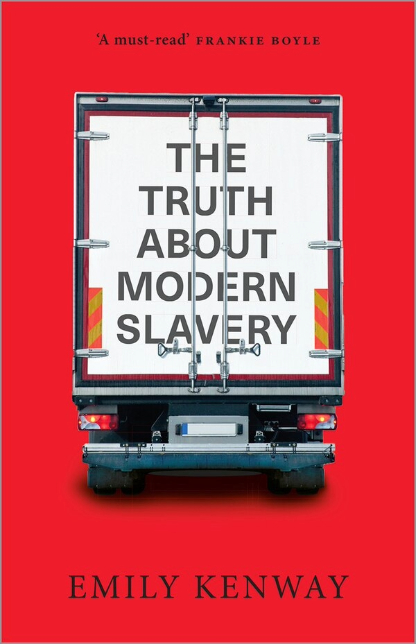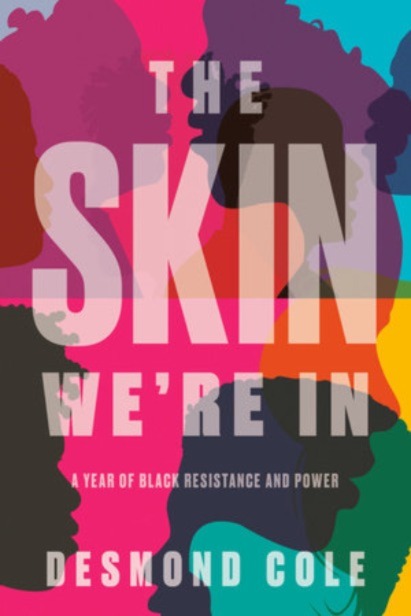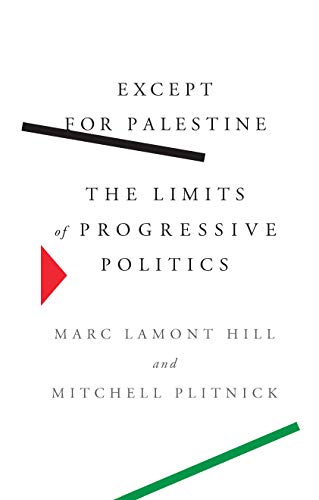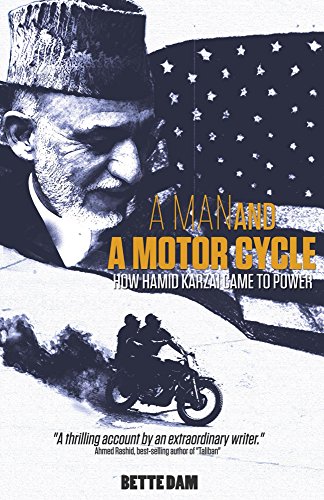Street Fighting Years: An Autobiography of the Sixties, Tariq Ali, Verso, 2005, pp. 403, ISBN: 1-84467-029-5
The Sixties of the previous century are destined to live in the past and future, depending on one’s view of what had occurred in that globally monumental decade. The era lays a special claim to fascination to both those who viewed it as a transformative period and a break from the world that led the globe to a world war, but also to those who saw in it a violent attack on the civilizational values they held dear. What is striking in that period is the extraordinary commonality of purpose felt by the oppressed across the globe and those who sincerely fought alongside them, and those whose status was threatened to be overthrown by the changing norms, ideas, and demands. From Argentina to (then) Rhodesia, from Mozambique to Vietnam and beyond, the wretched of the Earth, in the words of Fanon, discovered their purpose, fulfilled it or betrayed it, as did their opponents.
Tariq Ali, a Marxist public intellectual, author, editor and historian, was seemingly destined to be in the thick of it. Aptly named “autobiography” of the Sixties reveals his involvement in most of the major struggles being waged in the period leading up to the Sixties and the turbulent decade itself. Rather than a narrative littered with irrelevant self-congratulatory statements and snippets of life aimed at revealing the author’s innate propensity to greatness that autobiographies tend to be, Ali’s book focuses on how Ali’s environment shaped him and, in turn, was shaped by him. The author does not exist in a historical vacuum, hovering above and beyond space where the surroundings are irrelevant to the course of their life. In his Street Fighting Years, Ali’s personal is very much political.
Comrade Ali’s upbringing seemed to naturally have led him to espouse left-wing, humanist and anti-imperialist politics. The son of a communist mother and a father who edited one of the few left-wing newspapers in the Raj, the author lived through the victory of the Chinese Revolution in 1949, met its victorious generals in person, and grew up on a steady diet of Soviet literature, Anglophone left-wing magazines and critical thought. Born in the world in a state of flux, he came of age with the success of the Vietnamese in defeating the French at Dienbienphu in 1954 and ending their colonial rule in Indochina, Nasser’s nationalization of the Soviet Canal and his firm rejection of British colonial interests, the defeat of Cuba’s brutal dictator Batista at the hands of a guerrilla force numbering less than 20 at the start of their campaign, and perhaps most importantly, the coup d’etat in his own country of birth which saw General Ayoub Khan come to power and align himself firmly with the imperialist camp. The General slowly clamped down on his opposition, banning political parties and trade unions while overtaking independent journals. Ali recounts how despite this, he worked with his fellow students to organize demonstrations, “illegal to the core,” in favour of Third World resistance to US imperialism. This was perhaps his first taste of organizing, which was to lead to his exile to Britain, where he would only continue to be immersed in struggles of and for the oppressed.
In a brief year-by-year breakdown of the period that led to the Sixties, the reader sees that the Sixties did not come out of thin air. The storm had been brewing since the end of the War, with the generations coming of age at the time determined to prevent the monstrosities that had occurred. Failure of official politics was seen in the ruling class’ insistence on defending its interests, regardless of which political party was in power. Harold Wilson’s Labour government toed the line with US foreign policy interests in exchange for economic support. This included its support for the US in Vietnam, where the imperialists were brutally massacring the Vietnamese population, devastating the towns and countryside and propping up a brutal puppet in the South of the country. Vietnam was emblematic of the struggles elsewhere. Powerful imperialist machinery was united in crushing a population that resisted its oppressors and struggled to create a better future for itself. Ho Chi Minh, the leader of the North, and his generals, foremost Vo Nguyen Giap, became symbols of revolutionary courage and hope for many revolutionaries around the world.
Wars in Vietnam spurred many into action, with conferences, marches and organizations for peace propping up initially to agitate against the war, but soon after realizing that war was the effect of a much deeper capitalist malaise. Ali’s activities in organizing the Vietnam Solidarity Campaign connected him with many prominent activists and organizations, but one that seemed to have a lasting impact on him and his future career as a globe-trotting organizer and orator was the Bertrand Russell Peace Foundation. Alternatively representing them or many a journal he worked for, Ali visited Cambodia, Vietnam, Bolivia, China, North Korea and many other places. This was a world where Ali could easily rub shoulders with Malcolm X, Stokely Carmichael, Richard Gott, Perry Anderson, Sheila Rowbotham, Vietnamese guerrillas and debate socialist strategy. He could be engaging in hours-long discussions with John Lennon on politics, out of which a protest march song emerged (Power to the People) one day, and have Mick Jaeger write the words to his Street Fighting Man to be published in a relatively young socialist journal another. Ali was even invited to lunch with Marlon Brando, because the latter related to the criticism leveled against the US in Ali’s speeches. These icons appear in their ordinariness, a somewhat strange picture given their larger than life status now.
In his review of the first edition of this book, Paul Foot has said that it is common knowledge that Comrade Ali does not write as well as he speaks, but nowhere is that evident in the book. The author really does bring all the humour, devastation, sorrow, and hope to the reader by recounting his visits, debates and friendships.
Left-wing sectarianism emerges as another dominant theme of the book. Soviet, Cuban, Chinese, and many other a variation all had their representatives in the West who fought each other, at times harder than the common enemy. Ali details the ideological differences, trivial as they were, leaving the reader to wonder about the point of it all and largely identifying with Ali in his decision to maintain his relative distance from most of them.
The Sixties ended in a radical turn to the right by some of those who were once first to construct the barricades. Once Che’s confidant, Regis Debray became a stooge of the Establishment; David Horowitz proved his newfound imperialist credentials to Reagan in his attacks on Latin America, others followed similar suit. On the other hand, Tariq Ali remained committed to the same principles he held then, and they continue to shine through in his novels, books, TV shows, and documentaries. “Hope itself,” as Ali says, “cannot be abandoned.”




